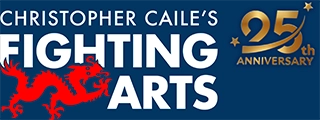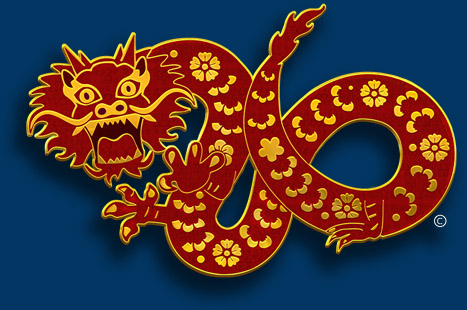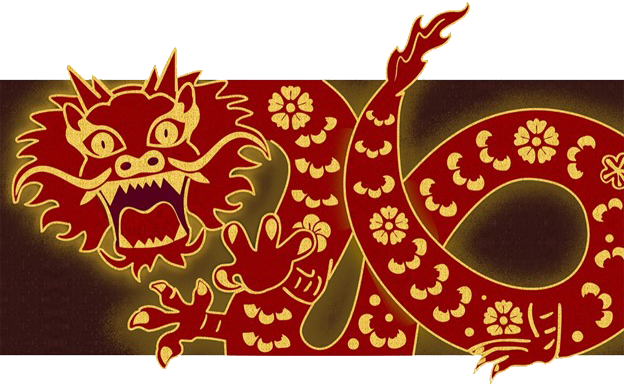THE ZEN MIRROR
The Nature of Water
By Jeff Brooks
The Niagara River is powerful and deep as it flow along slowly, mile after mile. In an instant, without any hint of what is coming, it reaches the falls and transforms, explodes into flumes, torrents, droplets and sprays as it crashes violently into the rocks below. It bubbles, roils and spins and settles down again forming a slow, deep river once again.
So what is the water really like? What is the true nature of the water? Deep and peaceful? Chaotic and violent? Misty? Powerful?
The quality of the water is subject to conditions. Under some conditions it is one way. When conditions change it is another way. It adapts to the conditions as they change.
What is our true nature? Turbulent? Peaceful? Wise? Impulsive?
We also adapt to the conditions in which we find ourselves. The difference between our selves and water is that to some degree we can determine the conditions in which we live. We do not have to be turbulent, angry, greedy, stupid, helpless or hurt. We can act. If we learn what to do, gain the skills we need to act, and then apply ourselves to acting wisely, we can create the best conditions for our own lives.
Unexpected conditions will arise. One day we may go over the falls. But if we have trained wisely and well we will recognize the conditions for what they are, adapt to them and be able to accommodate them, without fear or clinging.
People come in to our dojo and sometimes they tell me what kind of person they are. They say “I am not flexible.” Or “I am very strong.”
Whatever words they use to describe themselves, whatever attributes they think they possess or lack, the fact is that none of it accurately describes them. It describes their response to current conditions. If they attribute these characteristics to themselves as if they were fixed, they will ultimately lose the their strengths (by complacency) or fail to overcome their weaknesses (by failing to make effort.)
If on the other hand they enter into training sincerely, that is to say enter into a setting in which the conditions are perfect for their own inner and outer development, they will get the results they want. They will become who they wish to be. But only by acknowledging that our “true nature” does not describe some permanent inherent characteristic which we possess, but the fact that we are subject to conditions and reflect a universe – of our own making or otherwise.
Once a year we ring the big 200 lb. Chinese iron bell in our dojo. One day only. This is similar to the annual Japanese New Years celebration Kagami Biraki, but not quite the same.
For an entire year the bell remains silent at the front of our dojo. During every practice, every class, every meditation session it stays quiet. The once a year the sound resonates through our dojo, through our building, rings out across the whole neighborhood. The bell has no nature of creating a great sound. But when the conditions are right it rings out loud and strong. Then, when the conditions are withdrawn, silence returns.
It works the same way in our own hearts and minds. To the degree that we can, we create the conditions in which we live. This is how we become who we are.
Copyright Jeff Brooks and FightingArts.com 2007
Jeffrey M. Brooks
Jeff Brooks (9th dan), began martial arts training in 1978 and opened his first karate dojo in Northampton, MA (1988 through 2009), while also conducting self-defense seminars, professional programs in combative skills and served as a regular contributor on Zen and karate-related topics to FightingArts.com.
Jeff then moved to South Carolina and started a career in law enforcement, serving as a police officer, then detective, defensive tactics instructor, firearms instructor, PPCT instructor, Deputy US Marshal, and Deputy Sheriff. After retirement, he founded Mountain Karate in Saluda, NC.
In karate Brooks received his 5th degree Black Belt from the Nagamine honbu dojo, his 7th degree black belt in 2004, and his 9th degree black belt in 2022, in recognition of his formation and leadership of Yamabayashi Ryu. He studied with leading teachers in Okinawan, Japanese, and Chinese traditions, in the US and overseas, including Katsuhiko Shinzato (the translator of Shoshin Nagamine’s Essence of Okinawan Karate Do, and formerly a student of the Kishaba brothers’ karate and kobudo); Sogen Sakiyama, Roshi (direct student of Miyagi Chojun, and practitioner of Goju-ryu karate); and Shoshin Nagamine (Chief of the Motobu District Police, Mayor of Naha, and founder of Matsubayashi Shorin Ryu).
Jeff Brooks has written hundreds of published articles on martial arts, and Zen and has been cited widely online and in print. He wrote speeches and presentations for high profile public figures in politics, media, business and the arts.
He is author of several books including “True Karate Dō”, available on Amazon.com
Search for more articles by this author:






